Home
>
Blog
>
>
Guidelines Every Law Firm Should Follow for Secure Sorting & Indexing Records
Sorting and indexing isn’t just about organization; it’s about protecting client data and preparing complex cases with ease.
If you are a legal professional, you are aware that one of your biggest responsibilities is organizing and protecting client information. Every legal document, email, and medical record may hold sensitive information that must be secure and confidential.
Usually, sorting and indexing records is a simple task, but for those who are managing multiple files across multiple cases, the process can quickly become overwhelming. Without doing this simple task, mistakes happen, and private information may end up in the wrong hands.
This article will look into the essential guidelines law firms should follow to make sure their sorting and indexing systems are safe, accurate, and efficient.
Why Secure Sorting & Indexing Records Matters
Before knowing the guidelines, it is important to understand why sorting & indexing should be followed in your practice. Well-sorted files help law firms meet legal requirements since many laws require strict protection of client data. Beyond compliance, an effective system saves you valuable time and effort.
When files are sorted and indexed properly, lawyers can easily access key information. It reduces the time spent searching through voluminous files. Non-indexed files increase the chance of missing important deadlines, overlooking evidence, or mixing up client files. Indexing files is useful for those who manage large files, where manual search is time-consuming and inefficient.
Save 50% time
Proper sorting and indexing reduce search times, allowing quicker access to critical case details.
Guidelines to Follow
1. Create a Standardized Sorting Method
Every law firm needs a structured form for organizing records. Without the proper form, other staff members may arrange the files differently, which leads to confusion.
How to create a clear structure?
Choose categories
Organize files by case type, client names, or other names. Common categories include patient demographics, provider notes, diagnostic reports, test results, billing, and correspondence.
Use chronological order
Keeping documents by date helps you trace the information step by step.
Create sub-folders
For each case, create sub-folders and divide them into sections like evidence and billing. Keep sub-folder names easy to understand.
Use clear names
Avoid vague labels such as “new” or “other.” A proper name helps anyone in the firm understand what the folder has at a glance.
Maintain digital and physical consistency
If you keep both physical and digital documents, make sure the same style of categorization applies to both.
If everyone in the law firm follows the same structure, sorting becomes easier and mistakes are reduced.
Need High Quality Sorting & Indexing Services?
2. Secure Indexing Practices for Law Firms
Indexing is a process of tagging and categorizing files so a person can retrieve specific information quickly. This process should be done securely, as important as sorting.
Choose a naming format
First, you have to decide which details from a document should be used for tagging. For example, use the client’s name, case number, date, or any other unique identification that helps with retrieval. Each file should have its own address. This makes files easy to search and recognize.
Digitize documents
Scan physical papers into digital formats like PDF or TIFF. Digital indexing systems with secure logins provide faster and safer access than paper-based files.
Choose manual or automated indexing
Small sets of records may benefit from manual indexing, where staff carefully label and verify details. Voluminous documents can be indexed using tools like Optical Character Recognition (OCR). Many medical record review companies use a mix of both automation and human review for accuracy.
Backup and maintain regularly
If you want to update files or add new ones, securely do it according to your company’s policies. Keep secure backups for your indexes and files. In case of system failure, you will not lose valuable data.
A well-maintained index ensures your firm is ready for court deadlines, negotiations, and trials.
Secure, structured sorting and indexing ensure that your client data is both protected and easy to retrieve
3. Maintain Data Security
Security must be a constant priority when working with medical records and other sensitive information. You are not only protecting client confidentiality but also safeguarding your firm’s reputation.
Limit access
Store indexed documents in secure case management systems that allow advanced search functions. Only authorized staff should have permission to view or edit the index. This reduces the risks of leaks.
Use secure software
Invest in platforms designed for handling sensitive data rather than relying on general storage software. If your files are stored on computers or sent by mail, use encryption. This helps to protect the data from outsiders.
Protect paper files
Not all records are digital. Store physical documents in locked cabinets and restrict key access. Give permission only to people working directly on the case.
Train your staff
Every team member should know the basics of data security and compliance rules. Make sure everyone knows the firm’s filing structure and indexing rules.
4. Use Technology
Technology helps in sorting and indexing to categorize, arrange, and retrieve information efficiently. Even the best tool will fail if a person does not use it correctly. So, it should be used wisely.
File management systems
These tools allow firms to organize, search, and protect files efficiently. By selecting the right tool, your firm can make its processes faster and more secure.
Cloud storage
Cloud systems make files accessible from anywhere, but must include strong security protections.
Optical Character Recognition
Scanned documents can be converted into searchable text, making it faster to locate information. Some advanced AI tools can automatically sort and index files by analyzing their content.
Law firms should choose tools that fit their company size and budget while always considering client privacy first.
5. Audit and Update Your System
Reviewing and improving your system is another essential step. Systems must be reviewed regularly to ensure they still work well.
Audit files
Files should be audited regularly to check for errors such as misplaced or duplicate documents. At least once a year, review your sorting and indexing methods.
Update tools
As technology improves, it move toward more secure and user-friendly software. Check search functions often to confirm that documents can still be located easily. If it is not working properly, go for the latest and most secure tools.
Stay updated
Keep track of legal requirements regarding medical records. Laws often change, and your system should adapt quickly.
Continuous improvement ensures that the system grows with the firm’s needs and keeps up with new technology.
Best Practices for Secure Sorting & Indexing
80%
Fewer Errors
Structured sorting improves retrieval
40%
Faster Indexing
OCR tools boost speed and accuracy
30%
Safer Data
Encryption reduces breach risks
Frequently Asked Questions
Why is secure sorting and indexing important for law firms?

Secure sorting and indexing protect sensitive client information, reduce errors, and ensure quick access to critical documents while maintaining compliance with legal and privacy regulations.
What risks do law firms face without proper record indexing?

Without proper indexing, firms risk data breaches, misplaced documents, missed deadlines, confidentiality violations, and inefficiencies during case preparation.
What is the best way to organize legal and medical records?

The best approach is to use a standardized structure with clear naming conventions, chronological order, and case-specific subfolders applied consistently across digital and physical files.
How does indexing improve legal case efficiency?

Indexing allows attorneys to retrieve specific documents instantly, reducing search time and enabling faster preparation for hearings, negotiations, and trials.
Should law firms digitize physical records for better indexing?

Yes. Digitizing records enables secure access, faster searches, encrypted storage, and easier backups compared to paper-based systems.
What security measures should be used when indexing client records?

Law firms should use role-based access controls, encrypted storage, secure case management software, locked physical storage, and regular staff training.
Can OCR tools help with sorting and indexing legal records?

Yes. Optical Character Recognition (OCR) converts scanned documents into searchable text, significantly improving indexing speed and retrieval accuracy.
How often should law firms audit their sorting and indexing systems?

At least once a year, or more frequently for firms handling high volumes of medical or personal injury records, to identify errors, duplicates, and compliance gaps.
Is cloud storage safe for legal document indexing?

Cloud storage can be safe if it includes encryption, access controls, audit logs, and compliance with legal and data-protection standards.
How does secure indexing help with compliance requirements?

Proper indexing supports compliance with data protection laws by ensuring controlled access, traceability, and secure handling of confidential client information.
To sum up,
For law firms, sorting and indexing may seem like a small task. Never think sorting and indexing are only about organization; it is about protecting client data and preparing complex cases with ease.
If you want to save time and reduce the burden of secure sorting & indexing records, contact LezDo TechMed. Here, we provide structured, compliant, and reliable support for law firms. Our sorting index medical records service not only keeps your data organized but also makes it professional and secure.
Jebisha
Jebisha Jenishofen holds an MBA in Marketing and works as a medical-legal research analyst with over five years of experience in the medical-legal field. She combines her background in literature and research to develop clear and accurate medical and legal content that supports case evaluations, insurance claims, and compliance needs. Her expertise in market research and client insights helps her connect analytical skills with strong industry knowledge in the medical-legal domain.














